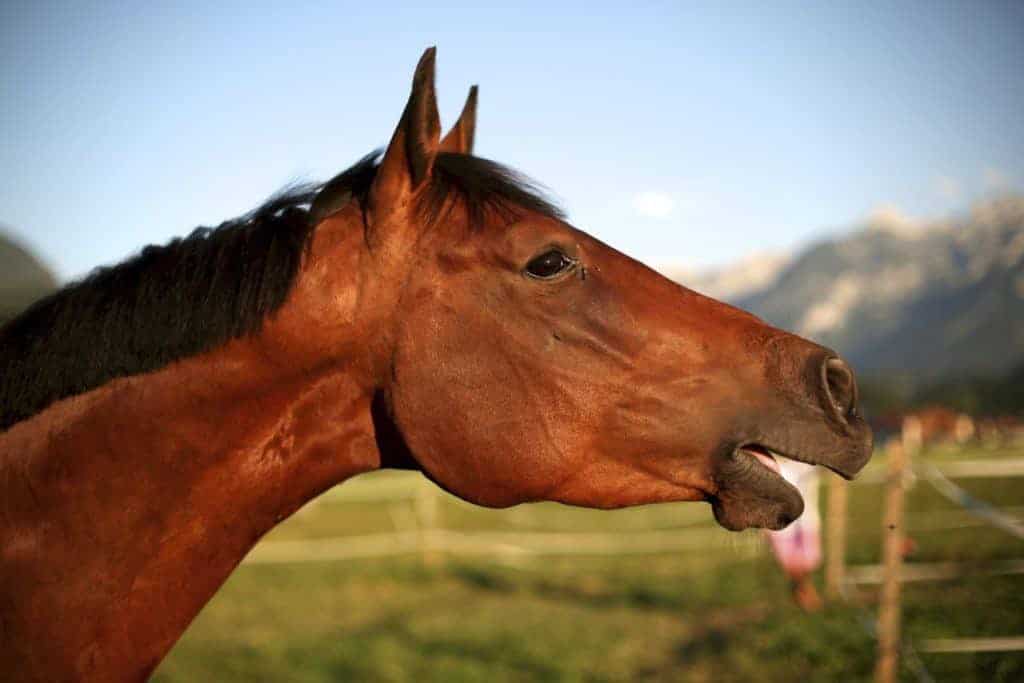
Do Horses Respond Emotionally to Positive or Negative Whinnies?
While the horses recognize positive from negative emotions in whinnies, they might not become positively or negatively emotional as a result.

While the horses recognize positive from negative emotions in whinnies, they might not become positively or negatively emotional as a result.

Learn more about equine sleep patterns and six different types of sleep deprivation in horses.
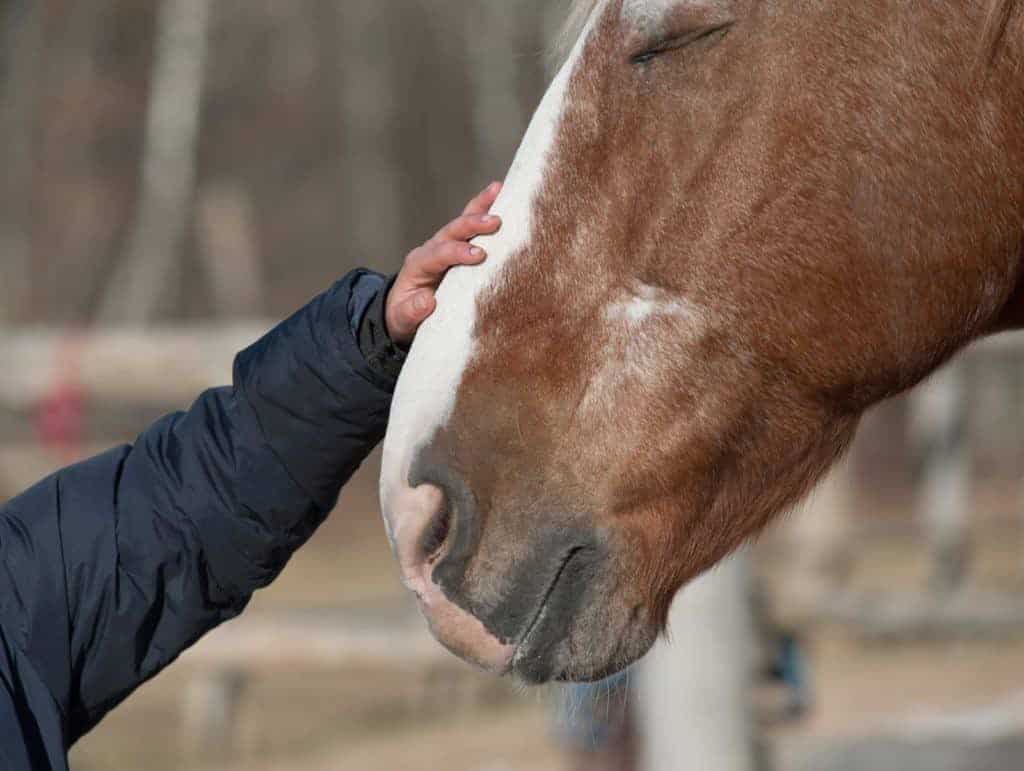
Researchers found that young people recognized signs of poor horse welfare in common training practices as well as adult experts did.

Vets should perform a careful assessment of a mare’s hormonal status to determine whether there’s a definitive, repeatable relationship between it and her undesirable behavior.

My horse is terrified of cows. Is there anything I can do to help him?
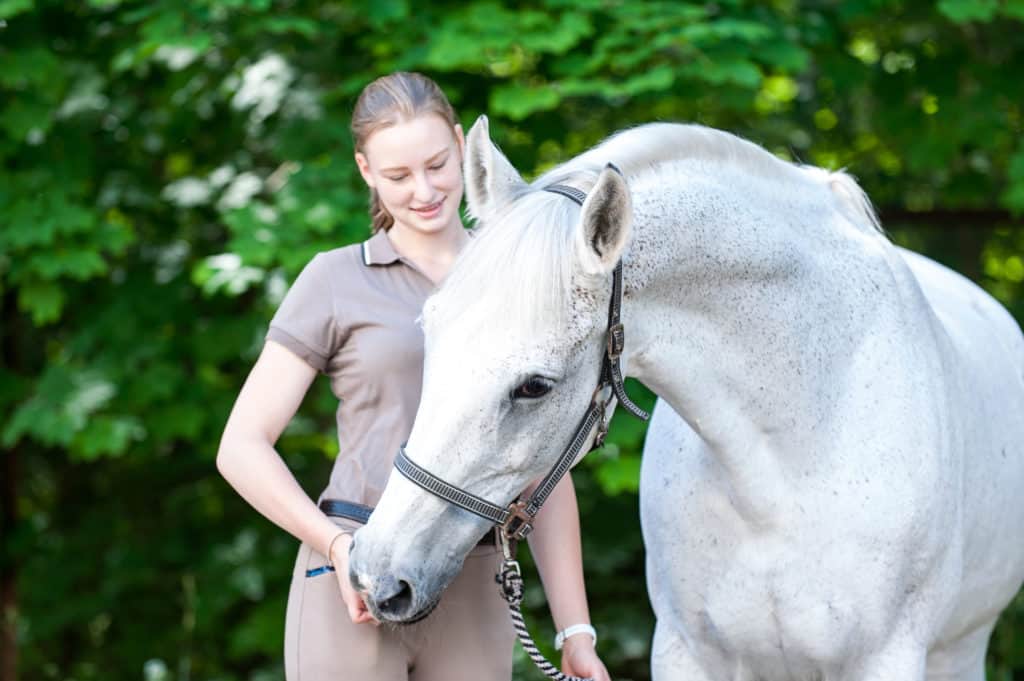
The “alpha” concept of showing dominance when training a horse doesn’t coincide with what equitation science research is revealing, scientists say.

Dr. Michelle Linton offers suggestions on how to identify when your mare is ready to foal.

A look at racing ethics could help researchers and industry members acknowledge rightful concerns from a well-meaning public, help resolve misconceptions, and contribute to better equine welfare.

Applying learning theory principles in equine veterinary practice can improve safety and horse welfare, as well as client satisfaction. Here’s what to know.
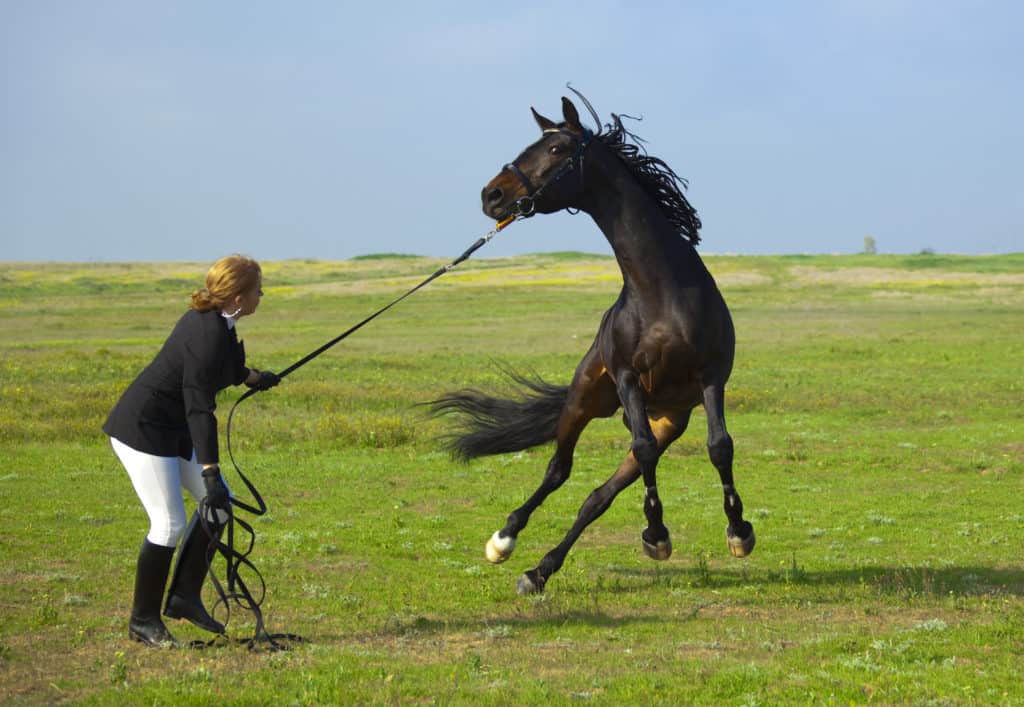
A reader wonders if there’s a connection between a horse’s spooky behavior and hearing impairment.

The domains focus on horses’ nutrition, environment, health, behavior, and mental experiences.

Becky Rodrigues provides tips on how to safely remove your horse from a herd setting, including assessing herd dynamics, treating your horse, leading out from the herd, finding safe routes, and more.

Kerri Lake, a professional facilitator of animal perspectives and communication, talks about how to help your horse feel safe with you.
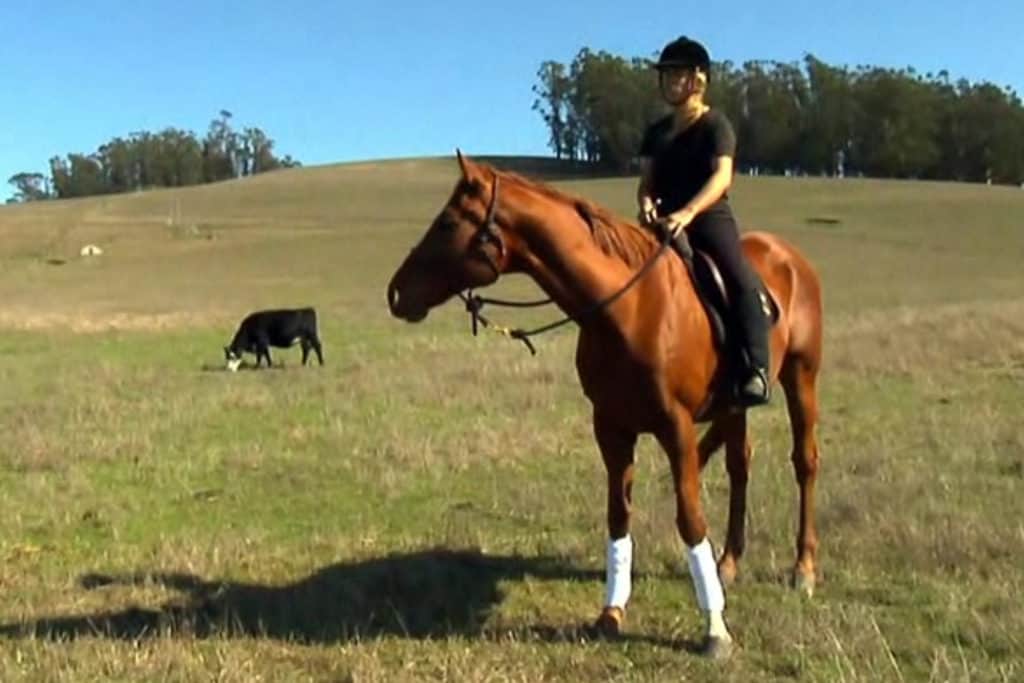
Robyn Spector, who trains out of Lone Willow Ranch in Petaluma, Calif., offers advice on how to handle encounters on the trail.

Here’s how vets can carry out five common mildly aversive procedures using learning science and behavior modification techniques.

Removing the ovaries won’t fix other issues, from static shock to bladder adhesions, that can make mares behave badly.
Stay on top of the most recent Horse Health news with
"*" indicates required fields